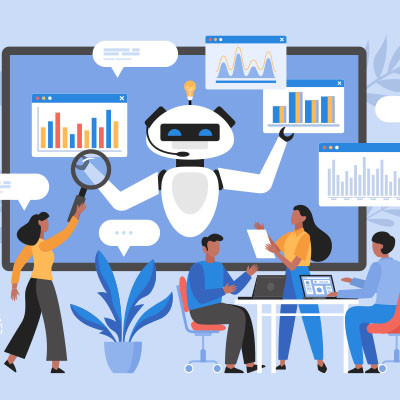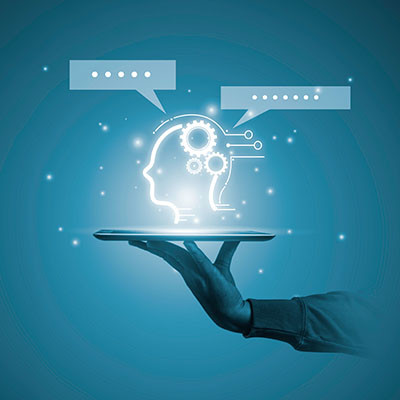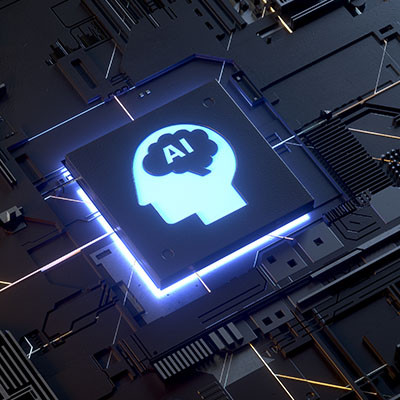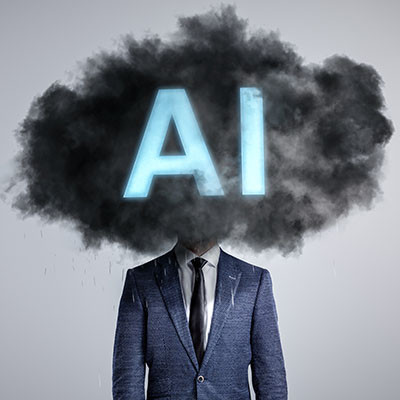Apex Technology Blog
Over the past few years, artificial intelligence has become a bona fide buzzword amongst businesses of all sizes, with 97% of respondents to a Forbes survey seeing a potential benefit in some way, shape, or form. However, with it being integrated everywhere in our modern lives, it is important that we remember that AI is still a human invention, as as such, it is vulnerable to our own implicit biases.
AI has unquestionably emerged as the standout technology of the year, and it was only a matter of time before Microsoft entered the arena with its own enterprise-ready AI platform. The introduction of Microsoft CoPilot has sparked a fair amount of confusion and left many questions unanswered, so today our aim is to shed light on what CoPilot is and explain the value you can expect to get out of the new Microsoft AI.
While artificial intelligence is frequently hyped up to the point that it seems to be plucked from the realm of science fiction, its true applications are actually much more mundane. That being said, these applications are often the ones that show the most promise in terms of the value they have to offer society.
For instance, let’s consider the work that Google is doing through something called Project Green Light.
With the release of the 2023 edition of their annual Work Trend Index report, dedicated to exploring the topic of Will AI Fix Work?, Microsoft took a deep dive into the impact that artificial intelligence will have on the workplace in the future. This report ultimately resulted in three major conclusions, which we felt we should help amplify and contextualize.
It seems that you can’t turn your head nowadays without seeing artificial intelligence being incorporated into some software or platform. However, many leaders in the technology space have expressed their concerns about—as they put it—the “profound risks to society and humanity” that AI poses, outlined in an open letter.
















